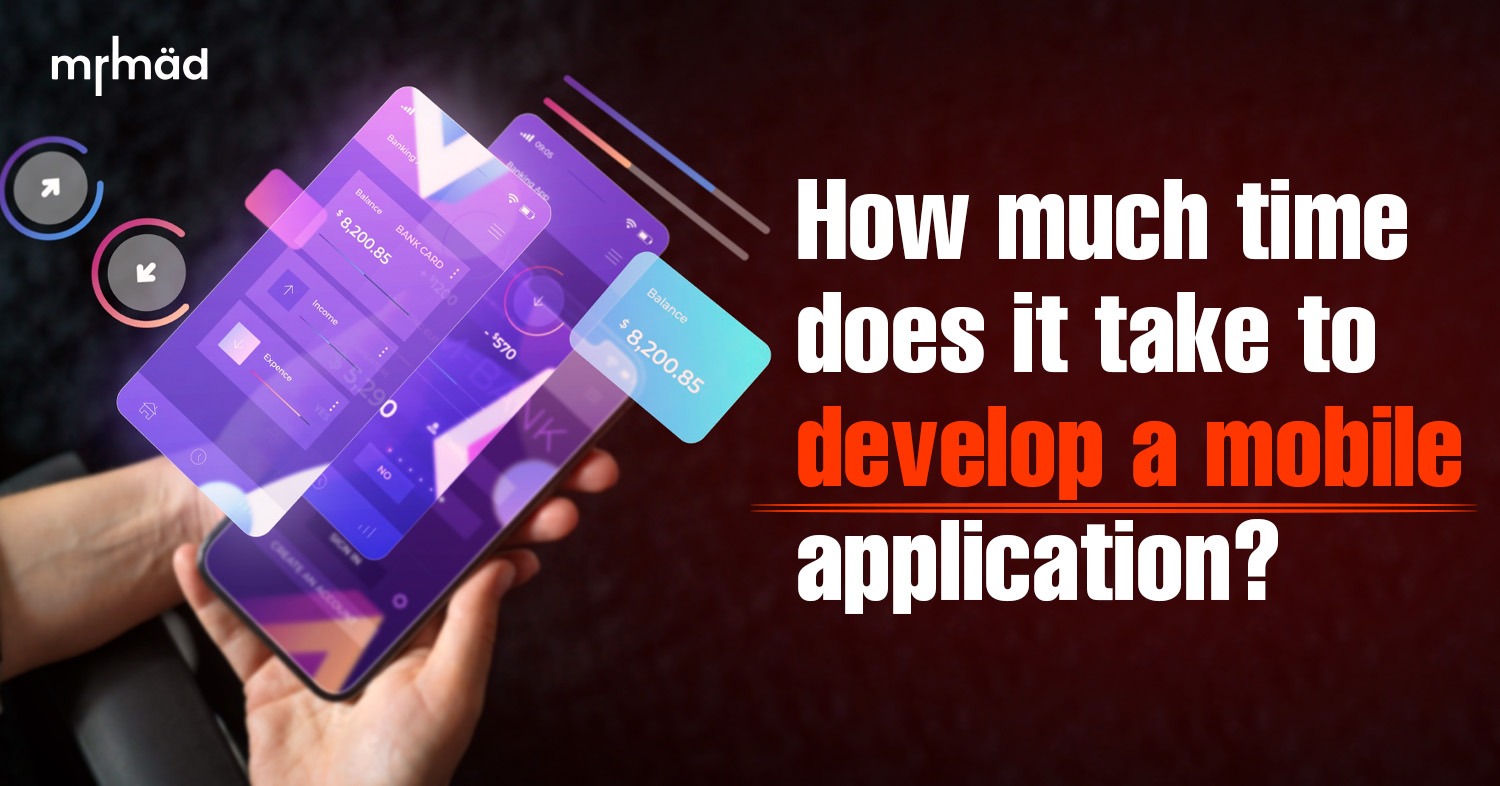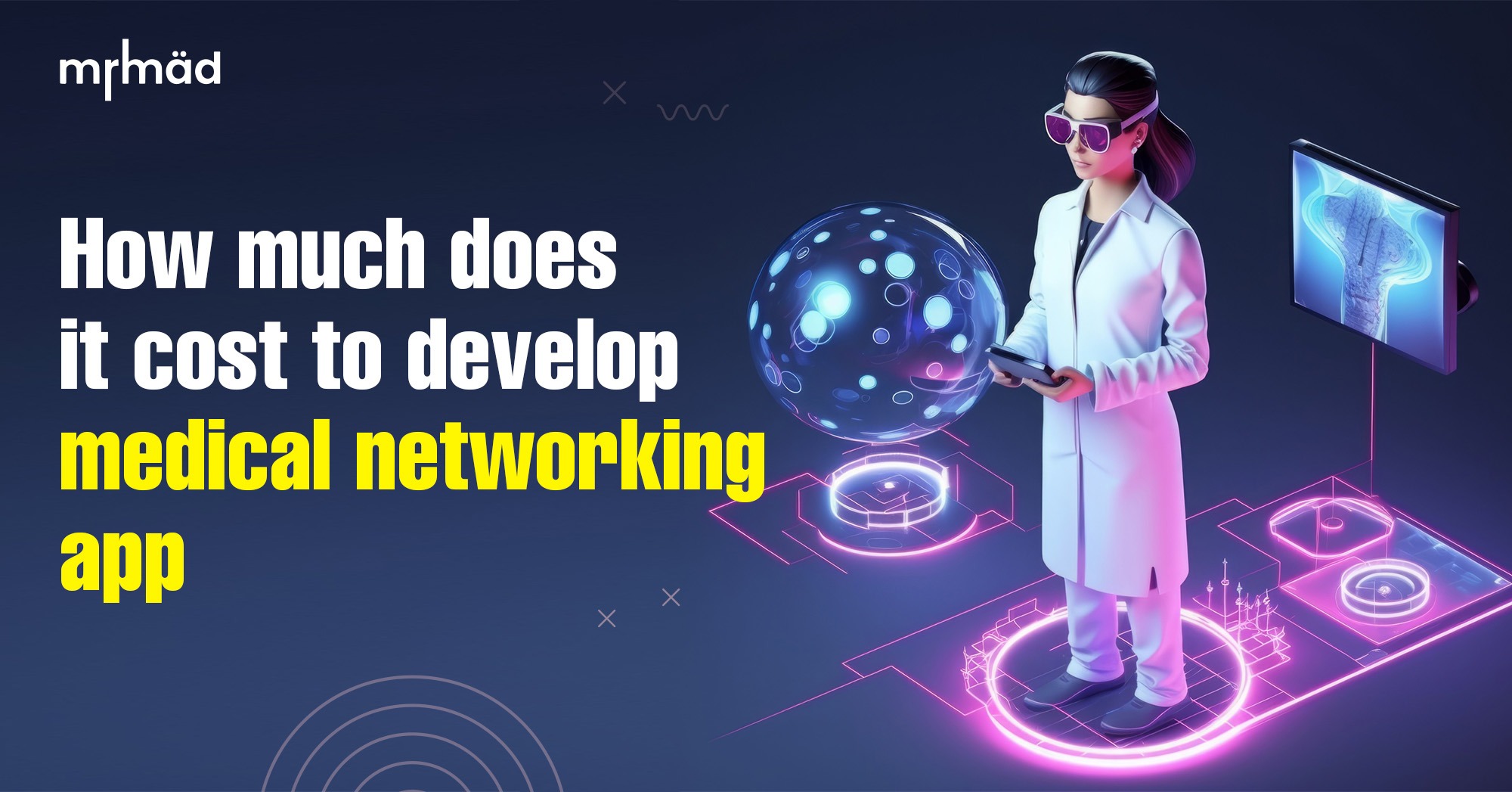
- Industries
- Portfolio
- Case Studies
- My Products
- QRPay
- Real Estate Property Management System
- Telemarketing & VoIP Management System
- Multipurpose Classified Management System
- Home Service Management System
- Parking Management System
- Time Management System
- Billing & Inventory Management System
- Baby and pet sitting services System
- QRPay agent retailer business System
- Online Learning Management System
- Blogs
- Contact me
- Industries
- Portfolio
- Case Studies
- My Products
- QRPay
- Real Estate Property Management System
- Telemarketing & VoIP Management System
- Multipurpose Classified Management System
- Home Service Management System
- Parking Management System
- Time Management System
- Billing & Inventory Management System
- Baby and pet sitting services System
- QRPay agent retailer business System
- Online Learning Management System
- Blogs
- Contact me
- Industries
- Portfolio
- Case Studies
- My Products
- QRPay
- Real Estate Property Management System
- Telemarketing & VoIP Management System
- Multipurpose Classified Management System
- Home Service Management System
- Parking Management System
- Time Management System
- Billing & Inventory Management System
- Baby and pet sitting services System
- QRPay agent retailer business System
- Online Learning Management System
- Blogs
- Contact me



